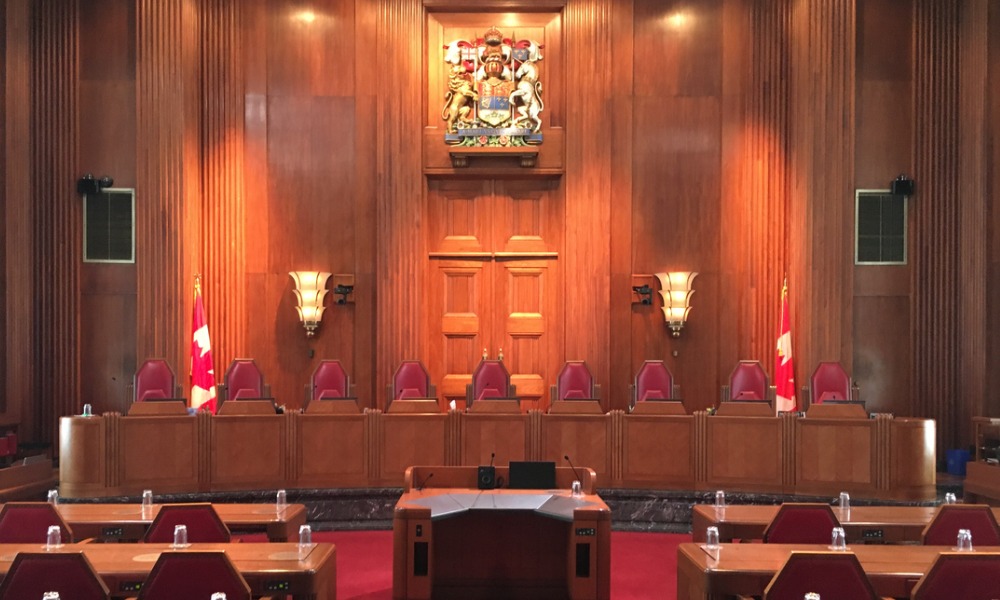A proposal for increasing the number of Unified Family Courts in Ontario has emerged from the Ministry of the Attorney General. After decades of lobbying, members of the family law bar are hoping this two-stage plan will graduate from intention to implementation.

A proposal for increasing the number of Unified Family Courts in Ontario has emerged from the Ministry of the Attorney General. After decades of lobbying, members of the family law bar are hoping this two-stage plan will graduate from intention to implementation.
The federal government is driving the current push for a nationwide expansion of the Unified Family Court system that has jurisdiction to hear all family-related matters, whether they fall under federal or provincial jurisdiction.
Ontario’s proposal entails a phased approach. The first phase would consist of expansion to eight court sites, where facilities are ready or already partially unified.
“These eight sites could be implemented quickly once the federal government has approved the province’s proposal and resource-related decisions are confirmed. The second phase would involve province-wide expansion of the remaining sites by 2025,” says Emilie Smith, spokeswoman for the Ministry of the Attorney General.
This expansion will represent the completion of a pilot project that started with the first Unified Family Court being established in Hamilton in 1977.
“You’ll be hard-pressed finding someone to disapprove,” predicts Daryl Gelgoot, partner of Niman Gelgoot and Associates LLP.
“It’s an attempt to streamline the courts and move on with the pilot project that started so long ago in Hamilton. It has progressed very incrementally over the years, but this has always been the goal. It’s time for this to come to a conclusion.”
Ron Shulman, founder of Shulman Law Firm, says the expansion is long overdue.
Most Read
“Given that the judicial system is stretched to the limit, the worsening divorce rate and the fact that the majority of people who go to court will go for family law-related matters, the government is finally realizing it’s a priority,” he says.
“If something is not done, we are going to have a crisis.”
Shulman says the objective is trying to increase accessibility to justice.
“With the significant increase in self-represented litigants, we need a more efficient and more common sense system,” he says. “Without a Unified Family Court, we will not be able to implement that.”
Ian McLeod, spokesman for the Department of Justice Canada, confirms the federal government’s resolve.
“In accordance with a commitment made in her mandate letter, the minister of Justice is exploring options for creating or expanding unified family courts in provinces that have expressed an interest in doing so,” he says.
“Several jurisdictions, including Ontario, have submitted proposals.”
Karon Bales, managing partner of Bales Beall LLP in Toronto, is supportive of the move to expand the unified courts throughout the province, but she remains skeptical that the federal and provincial governments will actually reach that goal.
“I remember when it first started in Hamilton, we were told to expect a rollout across the province very quickly,” she says.
She also says there are other issues that cause frustration for lawyers and litigants.
“You might start a proceeding that is only dealing with support and custody or non-married parents in the Ontario courts, then someone files a claim for constructive trust or a joint family venture and you have to move it out of there,” she says.
“It’s not efficient. This will help make the system more efficient for claimants and reduce the opportunity for litigious parties to switch back and forth to delay matters and increase costs for the other party.”
The appointment of judges who can preside in the unified courts is commonly cited as one of the biggest challenges to making the expansion happen.
Smith says that collaboration with the federal government is critical to Ontario’s plans for expansion since the federal government is responsible for appointing the judges for the unified courts.
The federal spokesman also agrees and says funding decisions need to be made for judicial salaries and benefits, as well as amendments to the Judges Act.
Gelgoot says significantly more judges will be needed.
“There will also be additional practice areas within the family court that have been purely provincial, such as the FRO,” he says.
“The real question remains whether they co-operate in terms of implementation between the federal and provincial governments and commit sufficient resources to properly staff it,” comments Shulman.
“At this point there are good, strong judges in the Ontario Court of Justice, but we are short on judges already.”
Shulman also points to the need to redesignate court facilities and properly fund the infrastructure.
“Family lawyers not only want a specialized court but scheduling resources. Any court we go to, whether downtown Toronto or Barrie, is usually highly stretched,” he says. “Some places are dependent on one or two key people for the entire region.”
Gelgoot predicts that the change to a unified system will result in a lot more traffic in the Superior Courts.
“They need to address a range of issues such as support staff, court facilities and court forms.”
Shulman says the proposed changes are a step in the right direction.
“Hopefully, it will not be another 30 or 50 years until the government commits to properly fund the court system,” he says.








